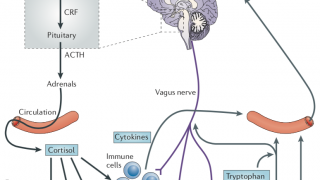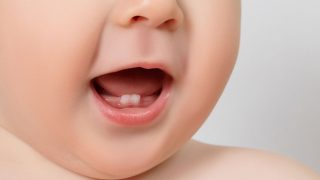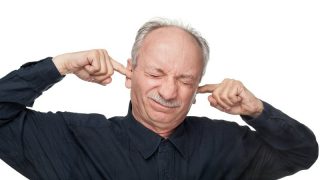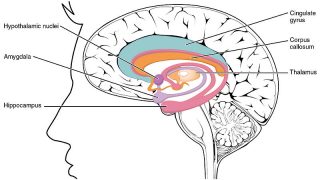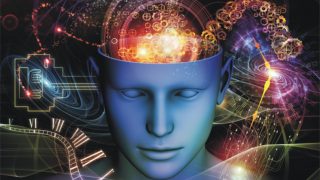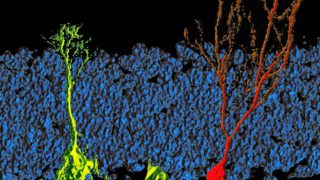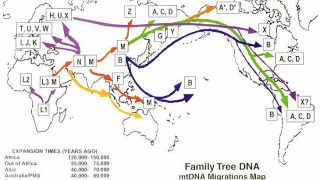
Haplotypes, mitochondria and autism
An allele is each of the alternative forms that the same gene can have. The alleles differ in their DNA sequence and can manifest in different results after expressing that gene, such as differences in the color of the eyes or in the blood group. Human beings are diploid, we have two sets of chromosomes […]
